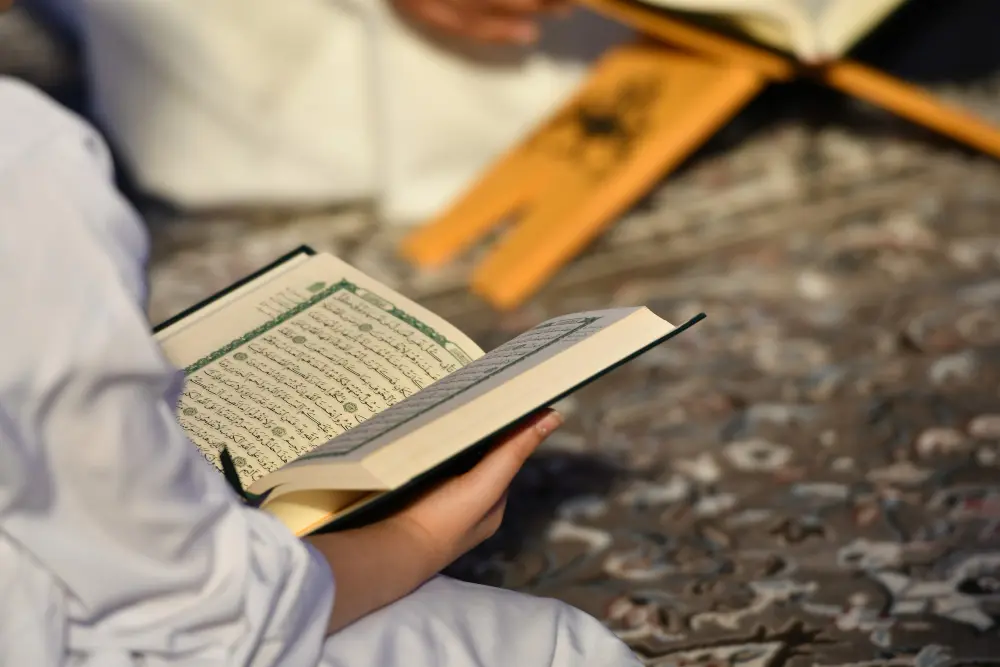Zakāt is not only a good deed; it is a yardstick of faith and one of the five fundamental principles of teachings of the Holy Prophet. Das kitty is much more than an offering; it is the way to cleanse the soul and society. Regardless of whether one is a beginner in the topic of Islam or an experienced reader, basic knowledge of Zakat is helpful for anyone interested in how charity acts in the lives of Muslims all across the world.
What is Zakat in Islam?
Zakat is an obligatory act of charity that every Muslim who meets specific criteria must perform. The term “Zakat” itself means purification, and it signifies the act of cleansing one’s wealth by giving a portion of it to those in need. In Islam, giving Zakat is not just a suggestion but a religious duty that has immense importance.
The Importance of Zakat in a Muslim’s Life
Zakat holds a unique position in Islam, playing a dual role in both spiritual and social welfare. It’s a way to show gratitude for the blessings you have received while ensuring that the wealth circulates within the community to help those less fortunate.
- Spiritual Benefits: Giving Zakat purifies the soul from greed and selfishness. It teaches humility and reminds Muslims that the blessings they have are from Allah.
- Social Benefits: Zakat helps reduce the gap between the rich and the poor. It strengthens community bonds and ensures that everyone’s basic needs are met.
Who is Eligible to Receive Zakat?
In Islam, Zakat is not just distributed randomly; it has to be given to specific groups of people mentioned in the Quran. Here are the categories of those eligible to receive Zakat:
- The Poor (Al-Fuqara): Those who do not have enough wealth to meet their basic needs.
- The Needy (Al-Masakeen): People in severe financial distress but too proud to ask for help.
- Zakat Collectors: Those appointed to collect and distribute Zakat.
- New Muslims or Converts: Individuals who have recently accepted Islam and are in need of support.
- Those in Debt: People who are struggling to pay off their debts.
- In the Path of Allah: Funds can be used to support religious causes, such as education and spreading Islamic teachings.
- Travelers: Stranded or needy travelers who are far from home.
For more details about who can receive Zakat, you can visit Islamic Relief’s guide on Zakat.
How Much Zakat Should One Pay?
The amount of Zakat that a Muslim needs to pay is generally 2.5% of their total savings and wealth that has been held for one lunar year. This includes cash, gold, silver, investments, and business income. There are specific conditions that determine if one is eligible to give Zakat, mainly that they possess wealth above a certain threshold known as the Nisab.
Why is Zakat Obligatory in Islam?
The significance of Zakat goes beyond just helping others; it’s a means of purifying one’s wealth and soul. Zakat serves as a reminder that all possessions come from Allah, and it is our duty to use them wisely. By giving Zakat, Muslims demonstrate their faith in action and acknowledge that they are caretakers of Allah’s blessings.
Zakat and Its Impact on Society
Zakat has a profound impact on society by acting as a tool for social welfare. It creates a sense of unity and brotherhood among Muslims, as those who have more help those who have less. By reducing poverty, Zakat also helps in creating a more balanced economy, where wealth is not just concentrated in the hands of a few.
- Poverty Reduction: By distributing wealth to those in need, Zakat helps lift people out of poverty and provides them with the means to lead a dignified life.
- Economic Balance: Zakat ensures that wealth circulates within the economy, promoting fairness and preventing the excessive accumulation of wealth by a few individuals.
For a deeper understanding of how Zakat impacts society, you can explore this informative article on Zakat by the National Zakat Foundation.
The Difference Between Zakat and Sadaqah
Often, people confuse Zakat with Sadaqah (voluntary charity), but they are not the same. While Zakat is obligatory and has a fixed percentage, Sadaqah is a voluntary act of kindness that a Muslim can give at any time, in any amount. Sadaqah is not limited to money; it can also include actions like helping someone in need or even a simple smile.
How to Calculate Your Zakat?
Calculating Zakat might seem daunting at first, but there are many online tools and resources available to make this process easier. Simply calculate 2.5% of your total savings and wealth that you’ve held for a lunar year. Don’t forget to consider all types of wealth, including:
- Savings in your bank accounts
- Value of gold and silver
- Investment portfolios
- Business assets
For an easy Zakat calculation, you can use Zakat calculators like this one on Zakat Foundation.
How to Make Zakat a Habit?
The beauty of Zakat lies in its ability to purify not just the wealth but also the heart. To make Zakat a regular part of your life, try to:
- Set a Reminder: Mark a date each year on your calendar for your Zakat payment.
- Educate Yourself: Understanding the true essence of Zakat will motivate you to give more.
- Get Involved: Stay engaged with communities and organizations that focus on helping those in need.
Conclusion
Understanding the role of charity in Islam through Zakat provides a deeper insight into the essence of Islamic teachings. It’s more than just an obligation; it’s a way of life that promotes kindness, compassion, and social justice. By giving Zakat, Muslims not only cleanse their wealth but also contribute to the betterment of society as a whole.
Zakat is a powerful reminder that in Islam, wealth is not an end but a means to improve the world around us. It binds communities together, helps the needy, and brings spiritual fulfillment to the giver. As you continue to learn and practice Islam, remember that Zakat is not just a duty but a way to connect with Allah and His creation.
For more insights on the teachings of Islam, you can explore additional resources at Quran Academy.







